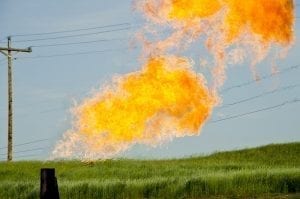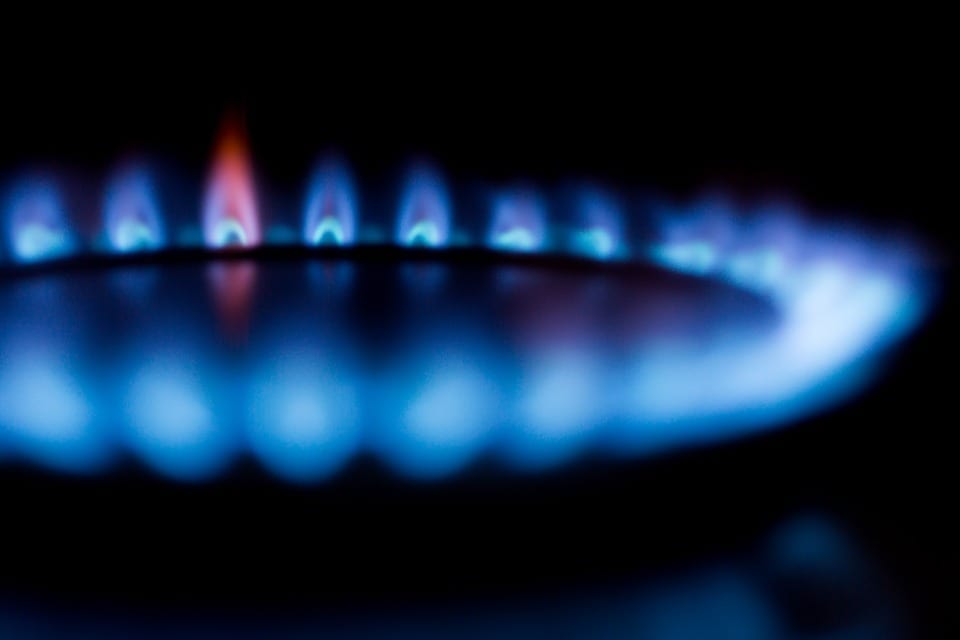The last thing most people want in this situation is the stress of handling a lawsuit on top of everything else. A good legal team can lighten some of your burdens.
There are several ways that a natural gas explosion can occur, and the consequences can be devastating for victims and their families.
Across the country, more than 62 million homes depend on natural gas. While natural gas is a widely used, beneficial resource, it can also be highly unstable and cause devastating home explosions. Such explosions can result in the complete demolition of a home, along with the potential for catastrophic injury or death for anyone unfortunate enough to be nearby.
What Is Natural Gas?
Natural gas is a fossil fuel that’s formed deep within the earth. While composed of many different compounds, the largest component of natural gas is methane. Natural gas is an odorless, tasteless, flammable substance that is used as a major energy source across the country. Unfortunately, while natural gas is widely used as a beneficial energy source to many, it can cause catastrophic explosions when leaks occur.
How Can A Natural Gas Explosion Occur?
Natural gas leaks are often silent, meaning they don’t provide much if any, warning. A harmless chemical is added to natural gas to give it the characteristic “rotten egg” odor, which is how property owners detect most leaks. Explosions occur when there is a gas leak in the presence of a spark or flame. Some explosions are minor, causing minimal damage, and some explosions can cause massive destruction, severe injury, and even death.
Some of the most common causes of natural gas leaks include:
- Improper use of a gas furnace, stove, or other appliance
- Incorrect installation of gas appliances
- Defective gas-operated equipment
- Incorrect hook-up of gas lines
- Old and worn-out gas lines coming into a home
- Violations of safety codes and standards governing the safe handling of natural gas
If caught and corrected quickly, a gas leak will usually not prove too dangerous. However, if a leak goes unnoticed and a spark or flame is introduced, something as simple as flipping a light switch can result in a deadly explosion.

Are Natural Gas Explosions Really A Problem in America?
Natural gas is used by more than half of the homes throughout the country, and the state of Pennsylvania relies on natural gas more than almost any other state. Pennsylvania is the nation’s second-largest natural gas producer, and natural gas-fired power plants are the largest provider of electricity within the state. Pennsylvania also has 49 underground natural gas storage sites (the most for any state), which it uses to help meet heating demands in winter.
While natural gas is considered to be a relatively safe energy source, across the U.S., there are over 280 serious natural gas explosions per year, resulting in a total of $133 million in property damage per year. A severe explosion, in this case, is defined as being directly responsible for over $50,000 worth of damage, severe injury, or fatalities. There are also more than 4,200 home fires every year that are started by minor natural gas explosions.
It’s estimated that around 17 people lose their lives due to natural gas explosions each year, and around 40 additional people die each year as a result of small natural gas explosions that lead to house fires. While that number may seem relatively low, all it takes is a single spark to destroy an entire home when a gas leak goes unnoticed.
What’s even more frightening is that fire departments across the country respond to an average of 340 natural gas leaks per day that are caught and resolved before they ignite. Each of these gas leaks has the potential to become a devastating explosion, resulting in severe injury or death, if not noticed soon enough.
One of the most famous recent examples of a major explosion caused by natural gas was the 2017 explosion in Lancaster County, Pennsylvania. This tragedy killed a utility worker, injured other people, completely demolished one home, and damaged three other houses. Ultimately, UGI Utilities Inc. was fined $1.1 million when it was determined that UGI had not completely disconnected service to the area when they sent workers to dig up a gas leak. It was decided that UGI’s safety measures were inadequate, written procedures were deficient, and it was mandated that an emergency response training center be opened immediately.
What Can I Do if I Or A Loved One Was The Victim Of An Explosion?
For families who have endured the trauma and devastation of a natural gas explosion, the prospect of rebuilding their lives can seem overwhelming. Not only must victims and their families deal with severe injuries and/or death of a family member, but they face the daunting task of repaying medical expenses, dealing with property damage, and finding somewhere to live until their home can be repaired or a new home can be found. The last thing most people want in this situation is the stress of handling a lawsuit on top of everything else. A good legal team can lighten some of your burdens, so you can get back to focusing on what matters – your family.
The first step in pursuing a lawsuit in the case of a natural gas explosion any legal team will take is to determine the cause of the explosion. This can be problematic because a natural gas explosion typically partially or completely destroys the place where it occurs. It’s important to find the right experts who can put the puzzle back together and determine the most likely cause. Suppose it can be determined that another person or business’s negligence is to blame for the explosion that caused a significant injury or death in your family. In that case, you deserve compensation for all the pain, suffering, medical expenses, property damage, and loss of wages that you are experiencing.


Join the conversation!